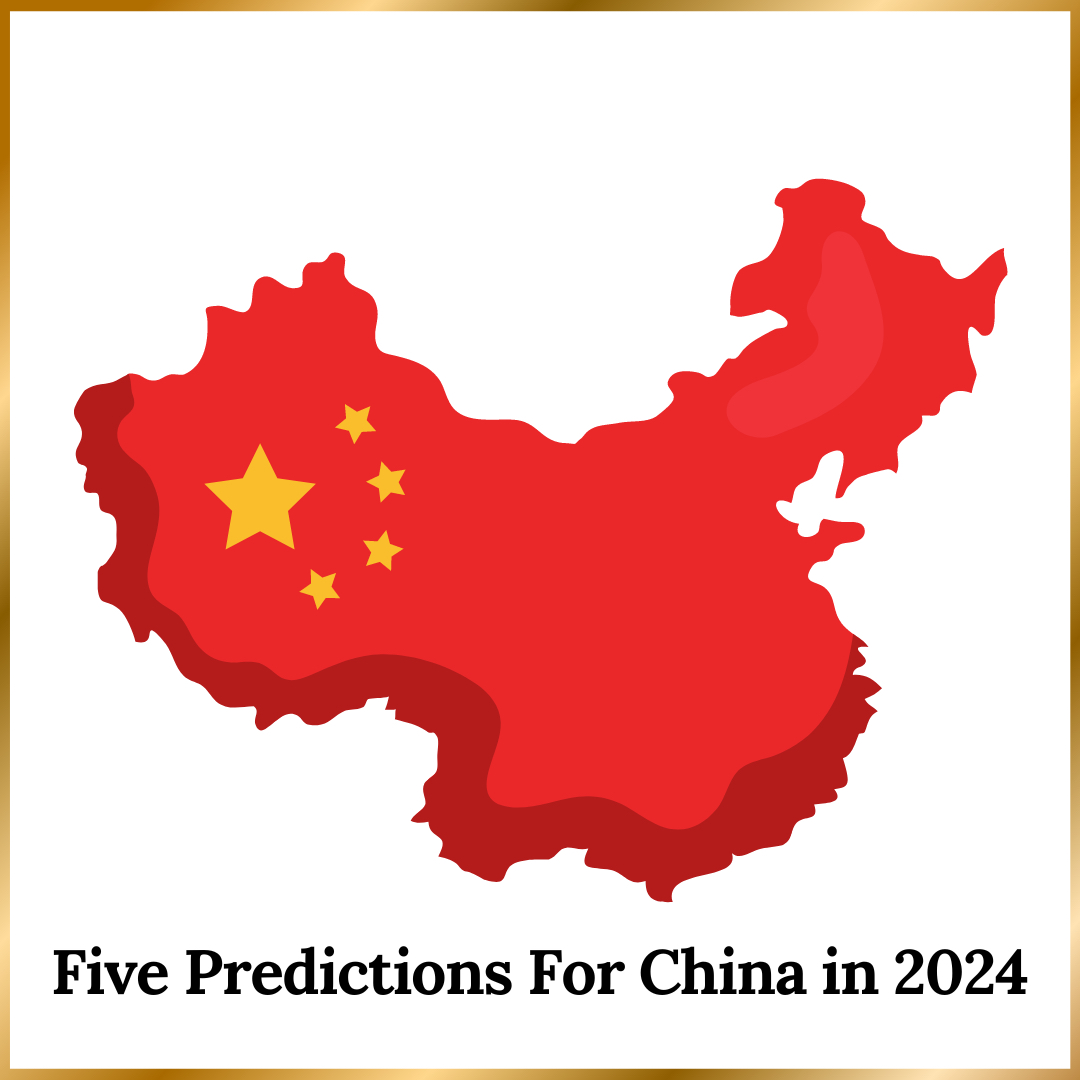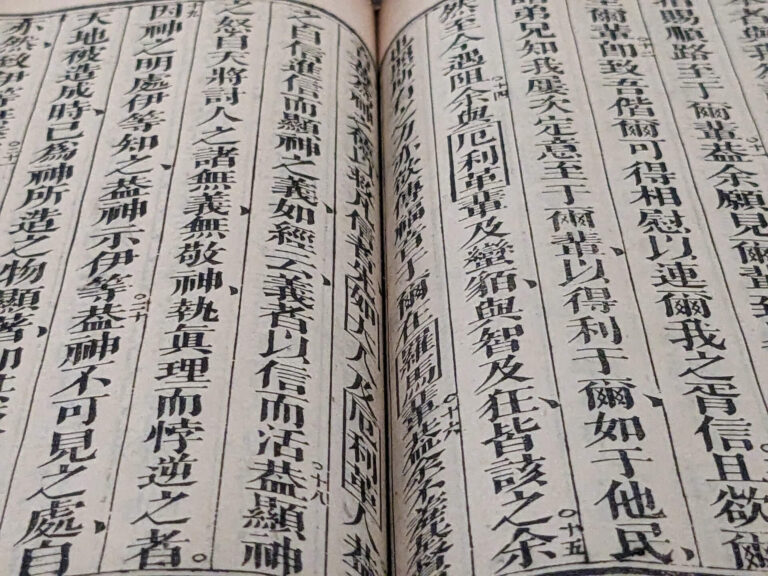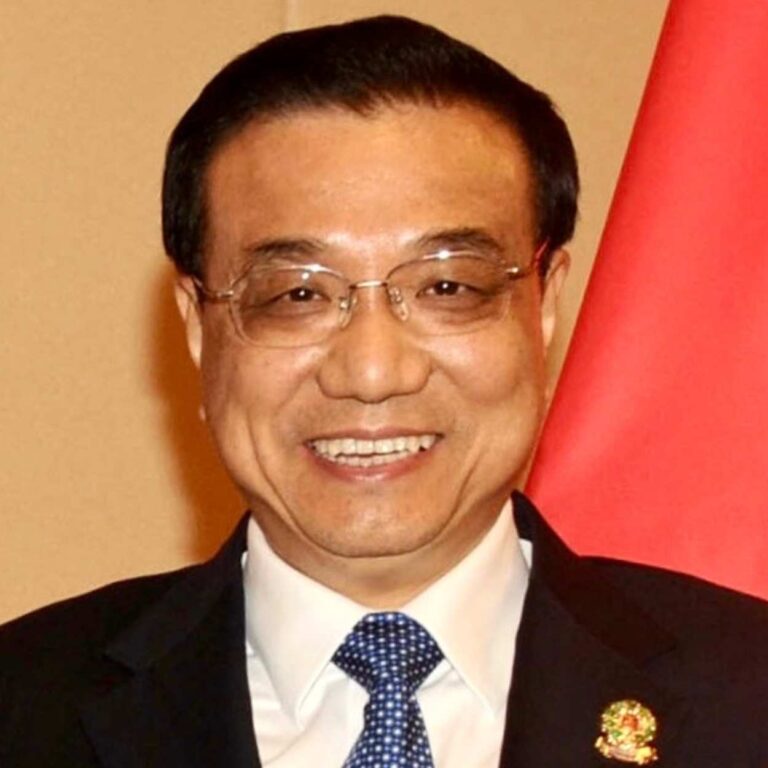In December 2023 the magazine Foreign Policy made “Five Predictions For China in 2024”. These are five areas to watch this year. Readers of this prayer letter will be familiar with all or most of them. But two months on from when they were made, they all remain important topics for prayer for those who are concerned about China and particularly for the state of the church in that nation. In one way or another, all five areas of concern will impact the Lord’s people in China.
1. China and Taiwan.
Taiwan’s January 13th, 2024 presidential election focussed China’s attention on Taiwan, resulting in naval maneuvers, airspace intrusions and increased rhetoric and attempts to influence the election result. Reuters reported that at a symposium commemorating the 130th anniversary of the birth of Mao Zedong, Xi Jinping told senior officials from the Communist Party that “the complete reunification of the motherland is an irresistible trend”. There is nothing new in that rhetoric. Meanwhile “although 17 percent of Taiwanese voters said in a recent survey that China is their main concern, more than twice that number picked the economy.” More than ever, this is a matter for prayer, putting the matter in the hands of the Lord of history.
2. Housing issues in China.
The crisis among property developers in China in 2023 was serious because it impacted “firms once considered to be relatively safe, such as Country Garden. There are many failed real estate projects. The one thing that the Chinese government really fears is a dip in housing prices, because 70 percent of Chinese household assets are invested in property. Already in 2023 prices were “sliding by at least 15 percent in many cities and by as much as 30 percent in Beijing.”
3. China’s political leadership.
In 2023, Foreign Minister Qin Gang and Defence Minister Li Shangfu, both senior Chinese leaders, were removed. “The full story of both dismissals remains opaque” which has fuelled rumours. Although Xi Jinping has made sure that the top posts are staffed by men loyal to him, that is a weakness as well as a strength. The problem with his one man leadership style is that there is no-one else to blame for the problems in the country. Equally that fact impacts almost the entire senior leadership, “whose lives, wealth, and freedom depend on Xi remaining strong in leadership.”
4. Youth disillusionment and unemployment.
In 2020 “nationalistic education primed young people with feelings of pride and triumph that came with an apparent victory over COVID-19, when China returned to relative normality while the rest of the world took shelter. That feeling merged with greater hostility toward the West, especially the United States, with pandemic conspiracy theories taking hold that blamed the United States. But frustration with China’s zero-COVID policy in 2021 and 2022, mixed with the economic crisis, have left the public, and especially the young, feeling very differently. One sign of this shift is that Chinese public opinion of the United States has risen sharply—a coded way of expressing discontent with Beijing’s course. In 2024, pessimism about the future, already clear at the beginning of the decade, is only likely to get worse.”
5. U.S.-China Relations.
“The successful summit between Xi and Biden in San Francisco in November 2023 provided a temporary cooling-off period for a relationship that was heading downhill for years. Significantly, that has included a resumption of high-level military talks between Beijing and Washington. In Chinese state media, anti-U.S. rhetoric remains relatively muted—although still a constant. Don’t expect that to last. But the posture is not likely to reach the heights of 2020. China has enough other problems to avoid risking too much trouble for a while.”
Prayer: Pray through these five topics this month, one by one.









